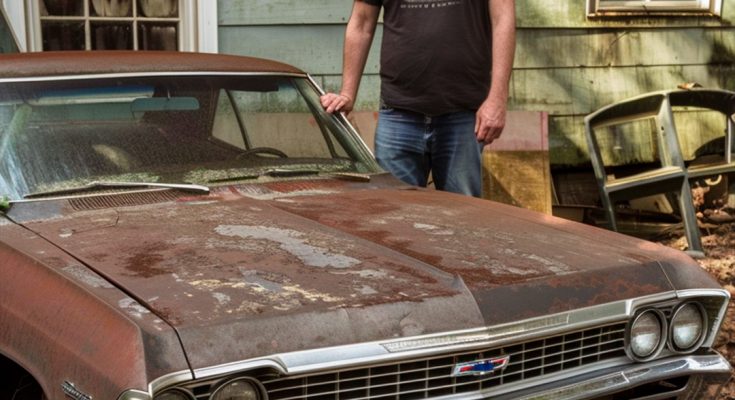My dad’s old ’67 Chevy Impala was more than just a rusty heap to me, but my neighbors didn’t quite look at it the same way. What started as a battle over an “eyesore” turned into something none of us expected, changing our quiet suburban street in ways we could never have foreseen.
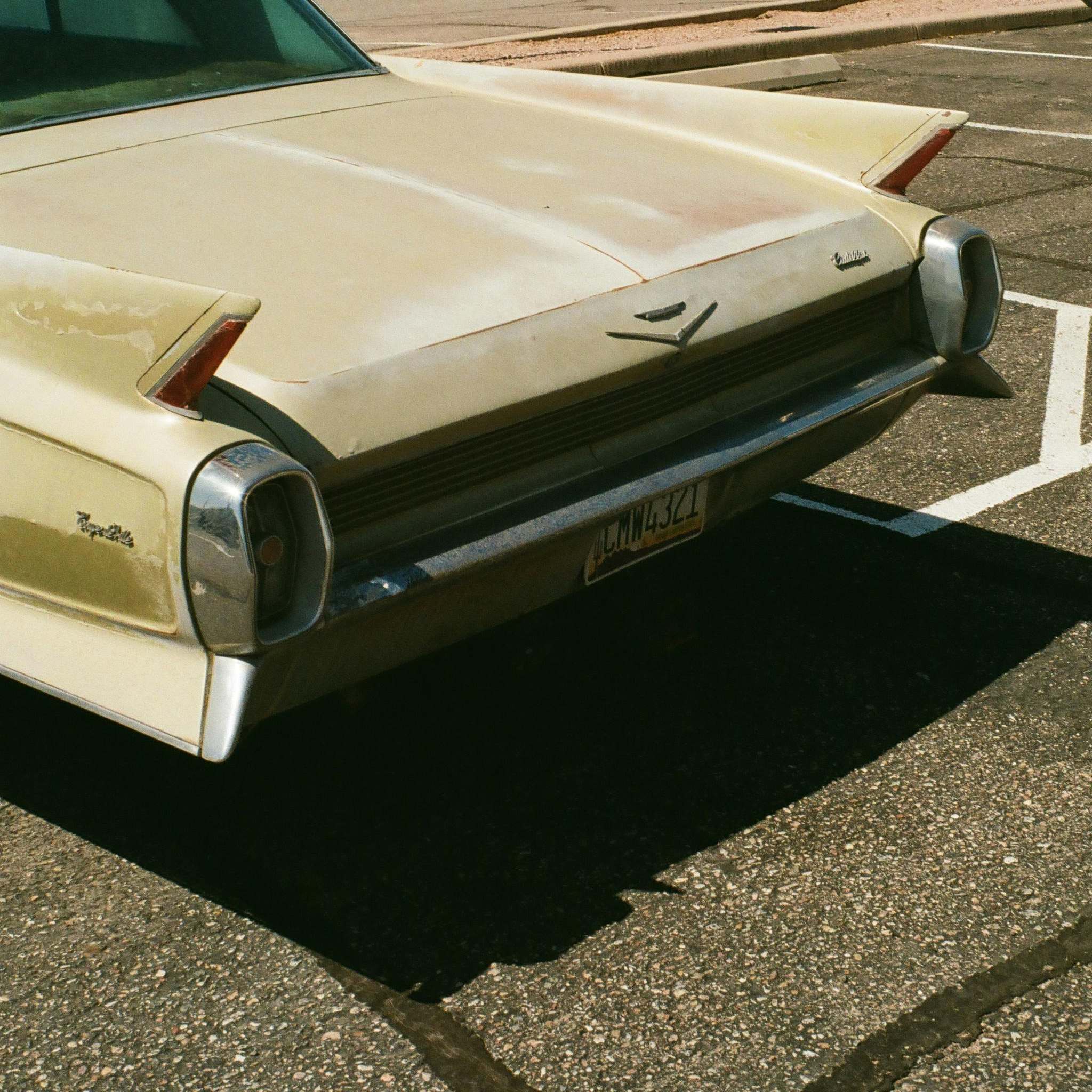
A vintage vehicle showing signs of wear and tear | Source: Pexels
I knew it looked bad, but I’d been trying to save up and find time to work on it. My neighbors, however, found the issue much more pressing than I did.
One sunny afternoon, I was out examining the Impala when a memory hit me. My dad, Gus, was showing me how to change the oil. His thick mustache twitched as he grinned.
“See, Nate? It’s not rocket science. Just patience and elbow grease,” he’d said.
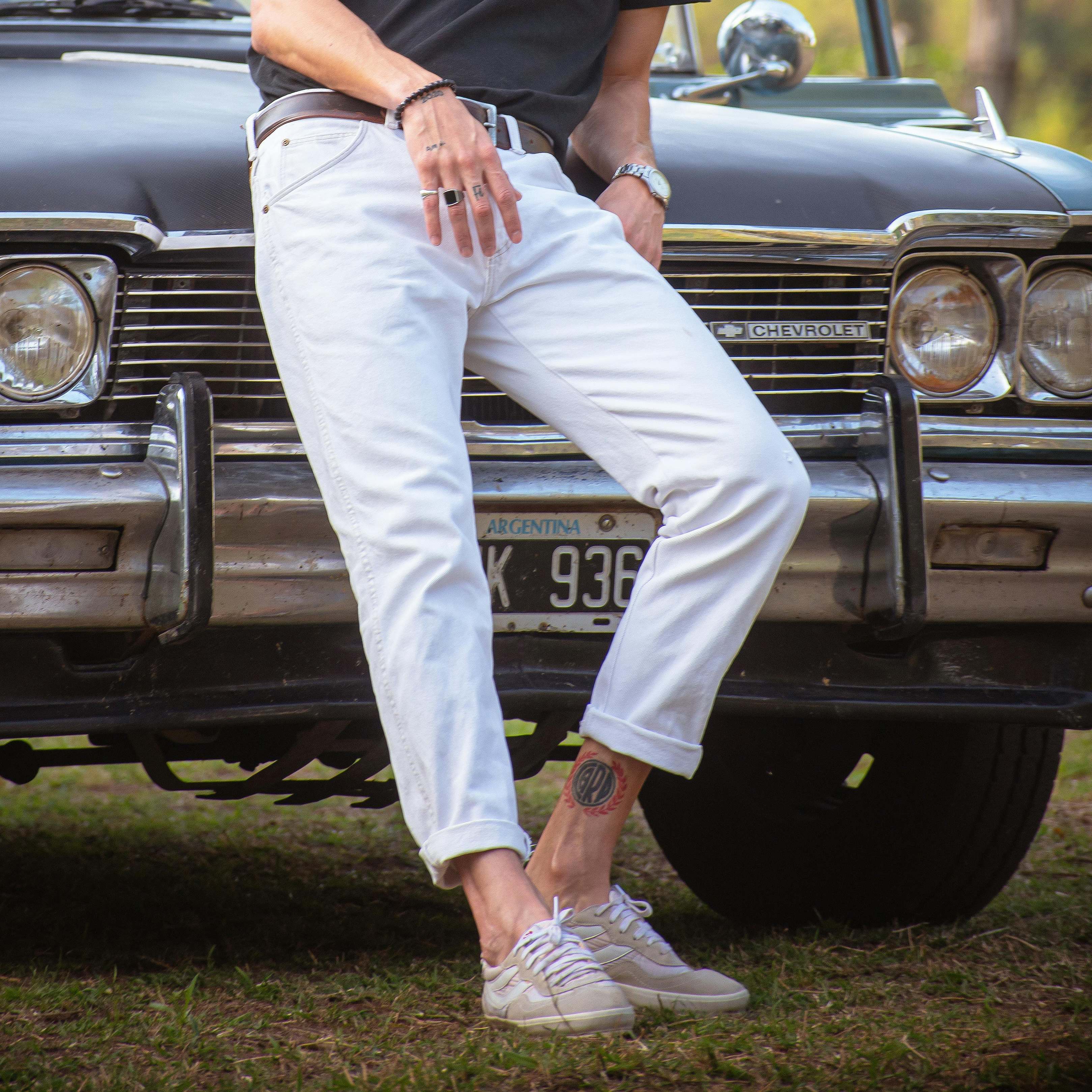
A man leaning against the front of a classic car | Source: Pexels
“Excuse me, Nate? Can we talk about… that?”
I turned to see Karen, my next-door neighbor, pointing at the Impala with a look of disgust.
“Hey, Karen. What’s up?” I asked, already knowing where this was going.
“That car. It’s an eyesore. It’s ruining the look of our street,” she said, crossing her arms.
I sighed. “I know it looks rough now, but I’m planning to restore it. It was my dad’s —”
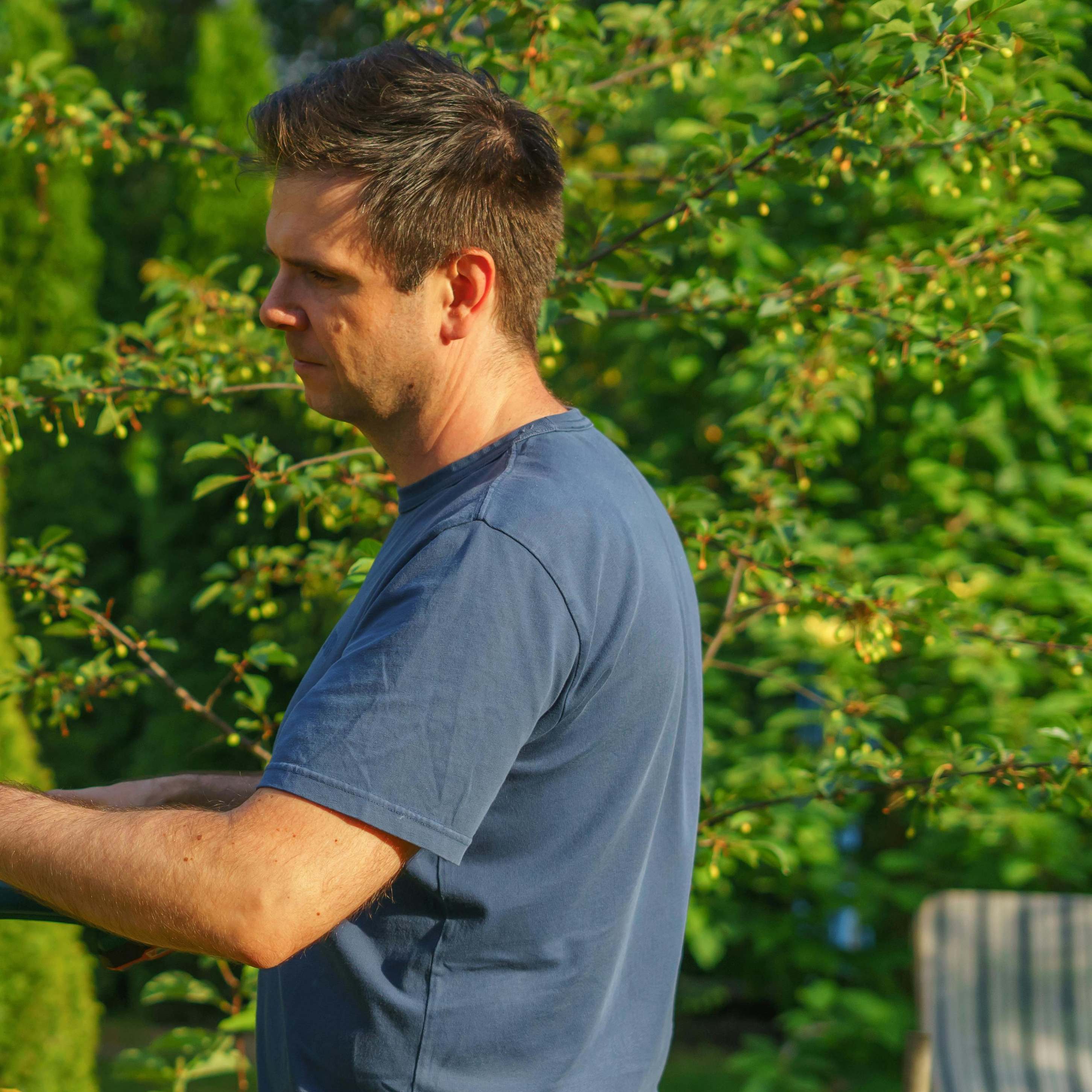
A man standing in a yard | Source: Pexels
Before I could respond, she turned on her heel and marched back to her house. I watched her go, feeling a knot form in my stomach.
Later that evening, I vented to my girlfriend, Heather, over dinner.
“Can you believe her? It’s like she doesn’t understand what this car means to me,” I said, stabbing at my salad.

A man serving himself from a salad bowl | Source: Pexels
Heather reached across the table and squeezed my hand. “I get it, babe. But maybe you could try to work on it a bit faster? Just to show them you’re making progress?”
A week later, I came home to find a notice from the city under the wiper of my “offending” vehicle. My stomach dropped as I read it.
“Remove the vehicle or hide it behind a fence,” was the gist of it.
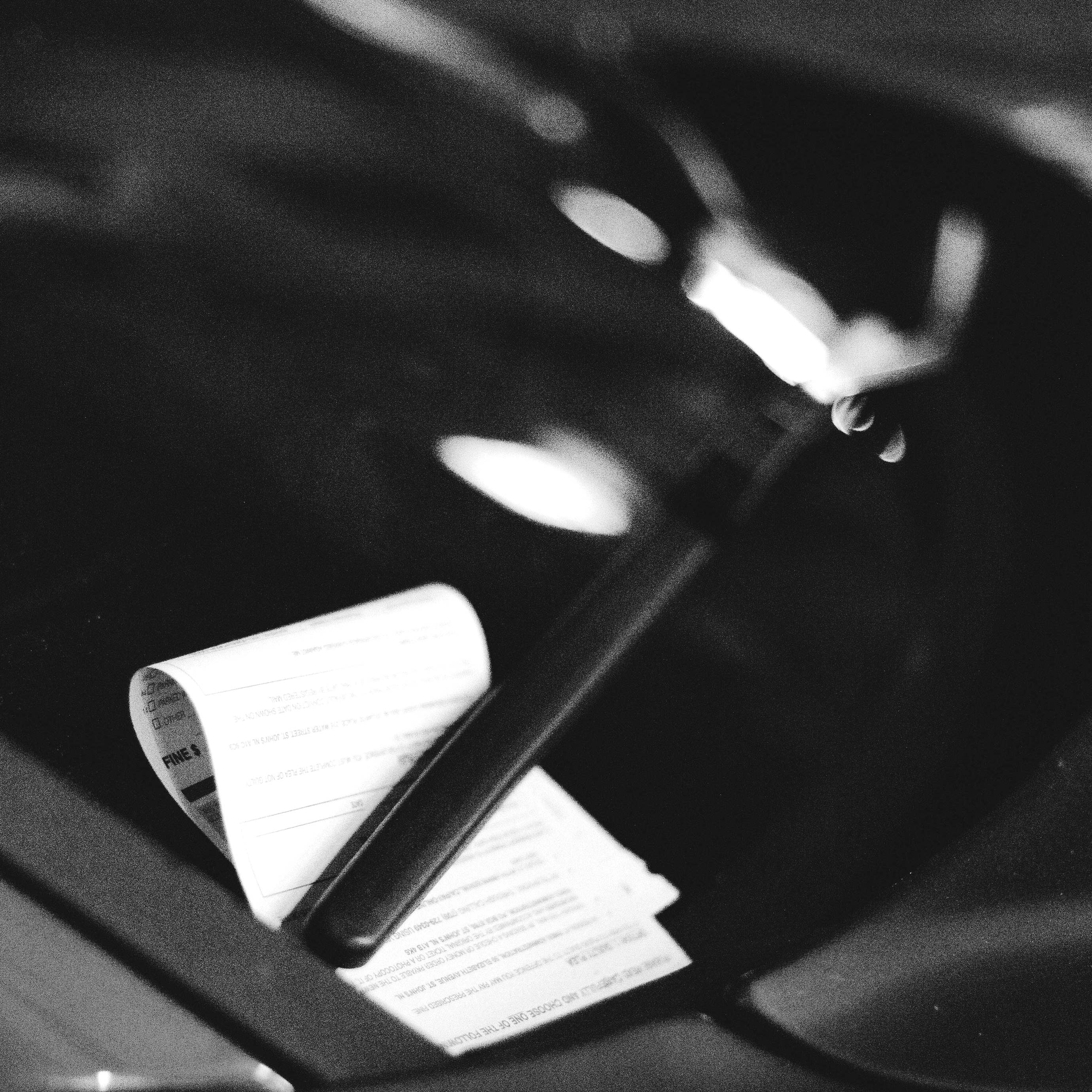
An official notice tucked under the windscreen wiper of a car | Source: Pexels
I crumpled the paper in my fist, anger bubbling up inside me. This was ridiculous. I needed advice.
I called up my buddy Vince, a fellow car enthusiast. “Hey man, got a minute? I need your take on something.”
“Sure, what’s up?” Vince’s voice crackled through the phone.
Vince was quiet for a moment before he spoke. “Build the fence,” he said slowly, “but add a twist.”
“What do you mean?” I asked, intrigued.

A man holding a mobile phone to his ear | Source: Pexels
“You’ll see. I’ll be over this weekend. We’re gonna have some fun with this.”
That weekend, Vince showed up with a truckload of wood and paint. We spent the next two days building a tall fence around my front yard.
As we worked, Vince filled me in on his plan. “We’re gonna paint a mural of the Impala on this fence. Every dent, every rust spot. If they want to hide the car, we’ll make sure they remember it.”
I grinned, loving the idea. “Let’s do it.”
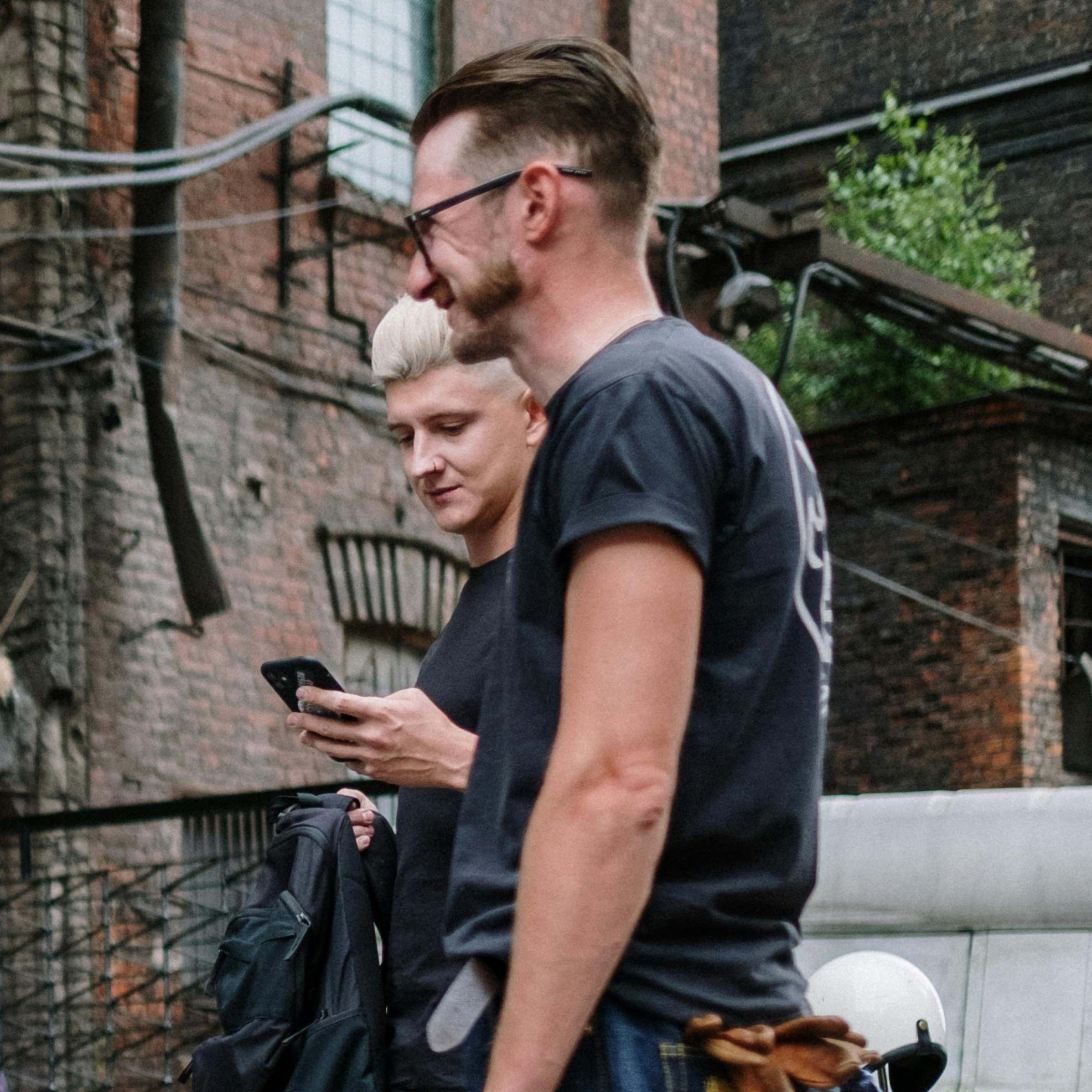
Two men chatting in the drive in front of a house | Source: Pexels
We spent Sunday painting. Neither of us was an artist, but we managed to create a pretty decent replica of the Impala on the fence. We even exaggerated some of the imperfections, just for good measure.
As we stepped back to admire our work, I felt a sense of satisfaction. Let’s see what the neighbors think of this, I thought.
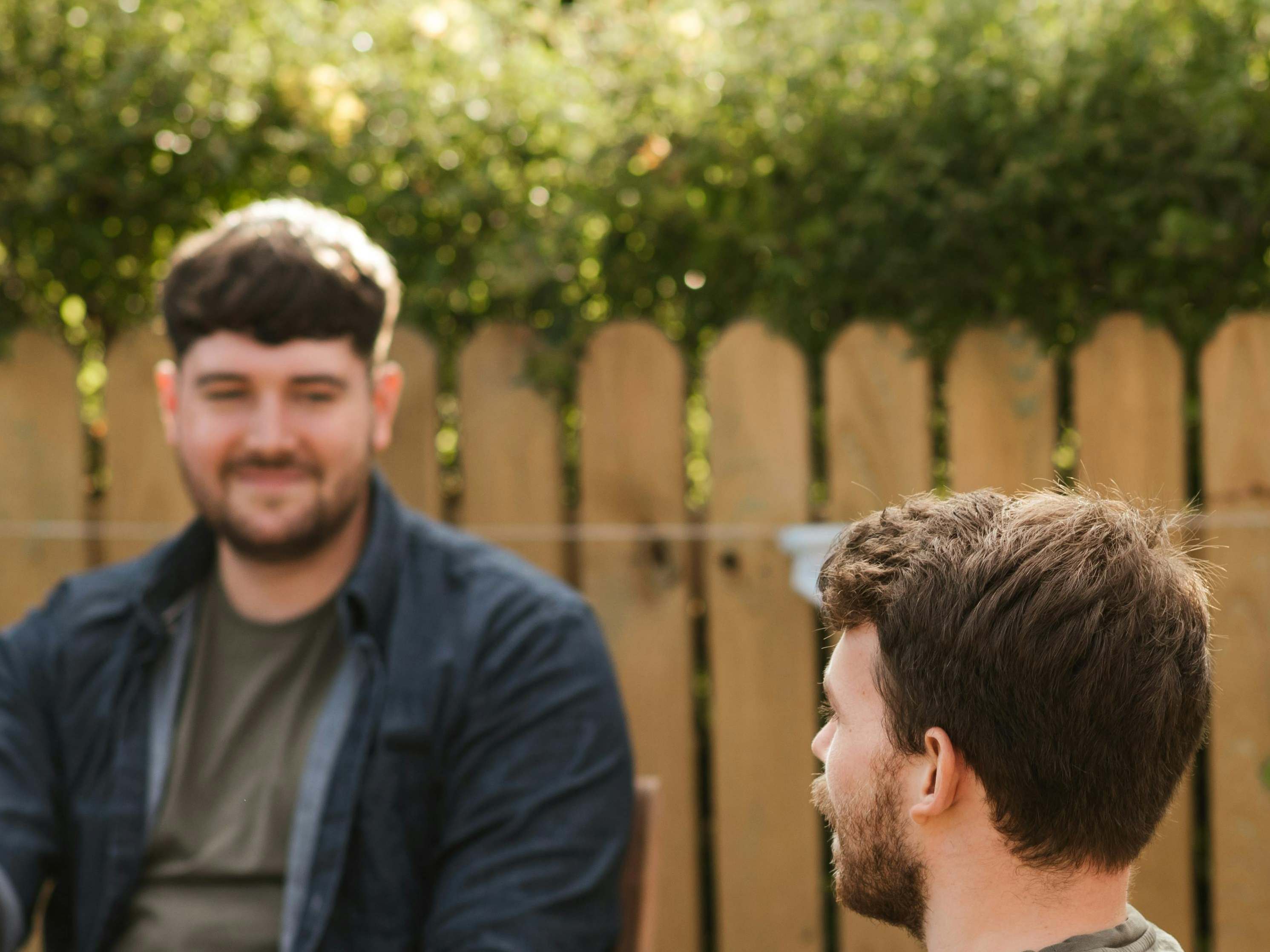
Two men in front of a wooden fence | Source: Pexels
“Nate,” Karen began, her voice strained, “we need to talk about the fence.”
I leaned against the doorframe, trying to hide my amusement. “What about it? I did what you asked. The car’s hidden now.”
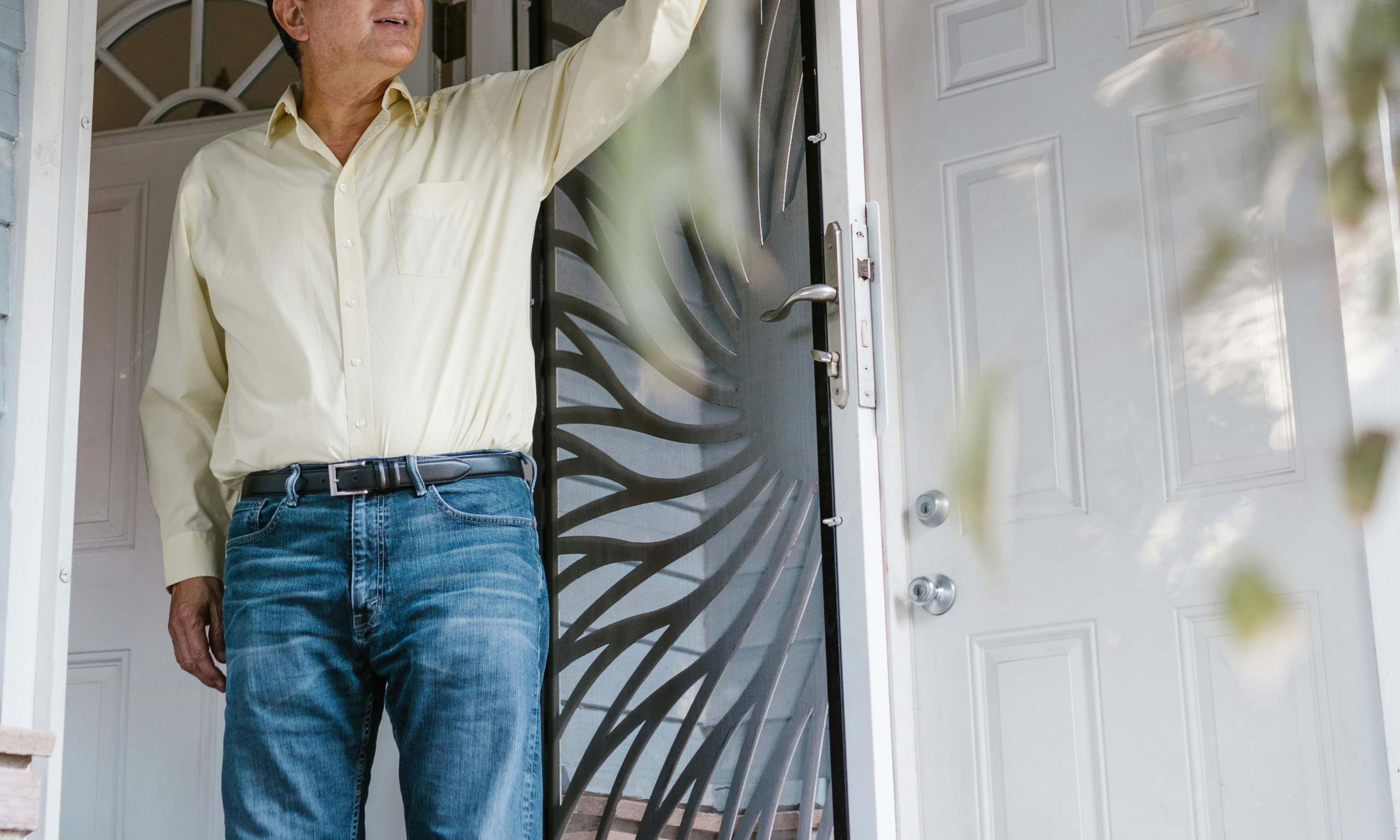
A man standing in a doorway, looking out, an arm raised | Source: Pexels
One of the other neighbors, an older man named Frank, spoke up. “Look, son, we know we asked you to hide the car, but… well, this mural… it’s just too much.”
I raised an eyebrow. “Too much? How so?”
“An art exhibit?” I suggested, unable to keep the sarcasm out of my voice.
“An eyesore,” Karen finished firmly. “We’d rather see the real car than this… this monstrosity.”

A woman standing on a street, looking sceptical | Source: Pexels
I crossed my arms, enjoying their discomfort perhaps a bit too much. “So, let me get this straight. You complained about my car, forced me to spend money on a fence, and now you want me to take it down?”
They all nodded, looking sheepish.
I thought for a moment, then said, “Alright, I’ll take down the fence on one condition. You all agree to stop complaining about the car while I’m working on restoring it. Deal?”
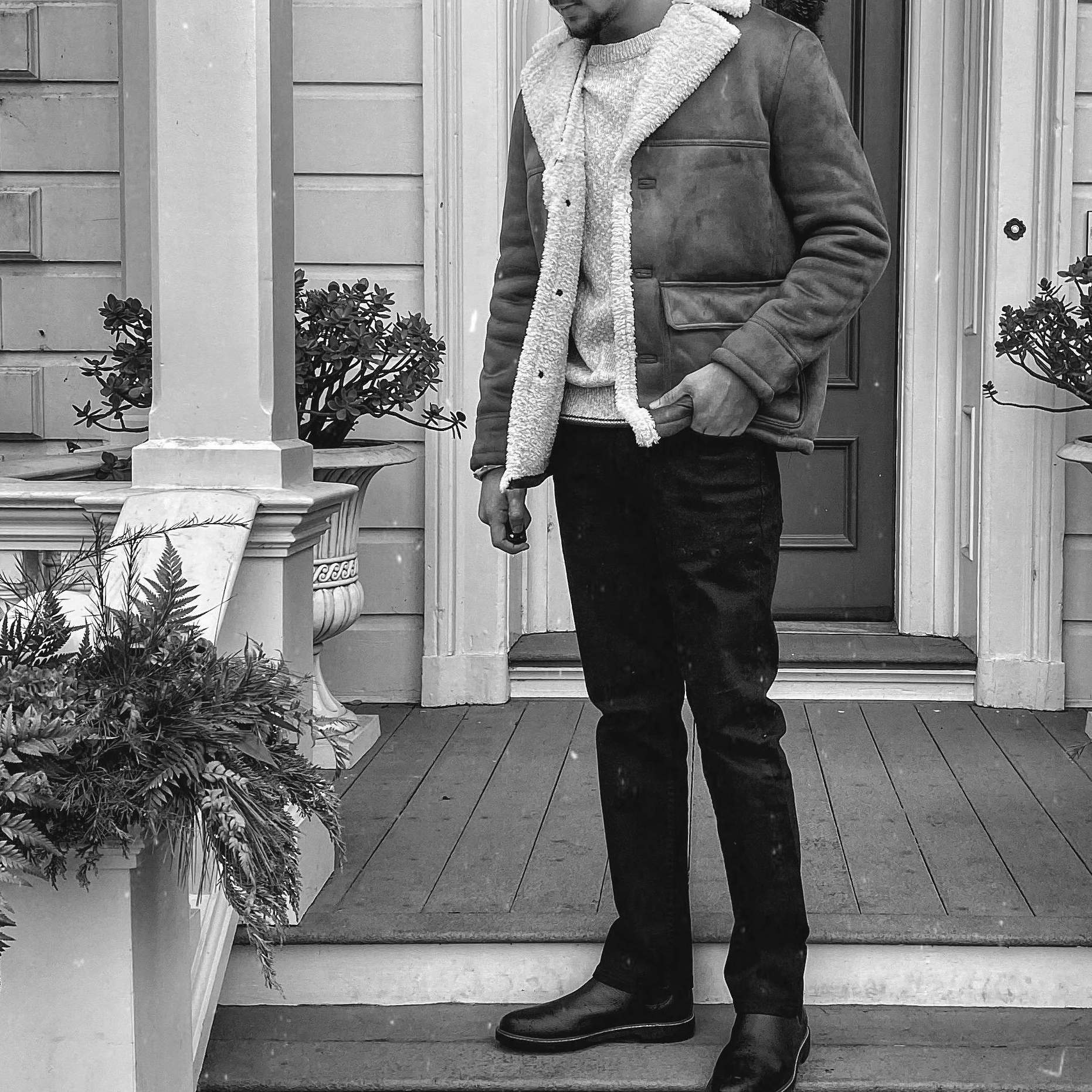
A man standing on a front porch, looking down thoughtfully | Source: Pexels
They exchanged glances, and then reluctantly agreed. As they walked away, I could hear them muttering among themselves.
The next day, I started taking down the fence. As I worked, I noticed some of my neighbors watching with interest. One of them, a guy named Tom, even came over to chat.
“You know, Nate, I never really looked at that car before,” he said, gesturing to the Impala. “But now that I’m seeing it up close, it’s got potential. What year is it?”
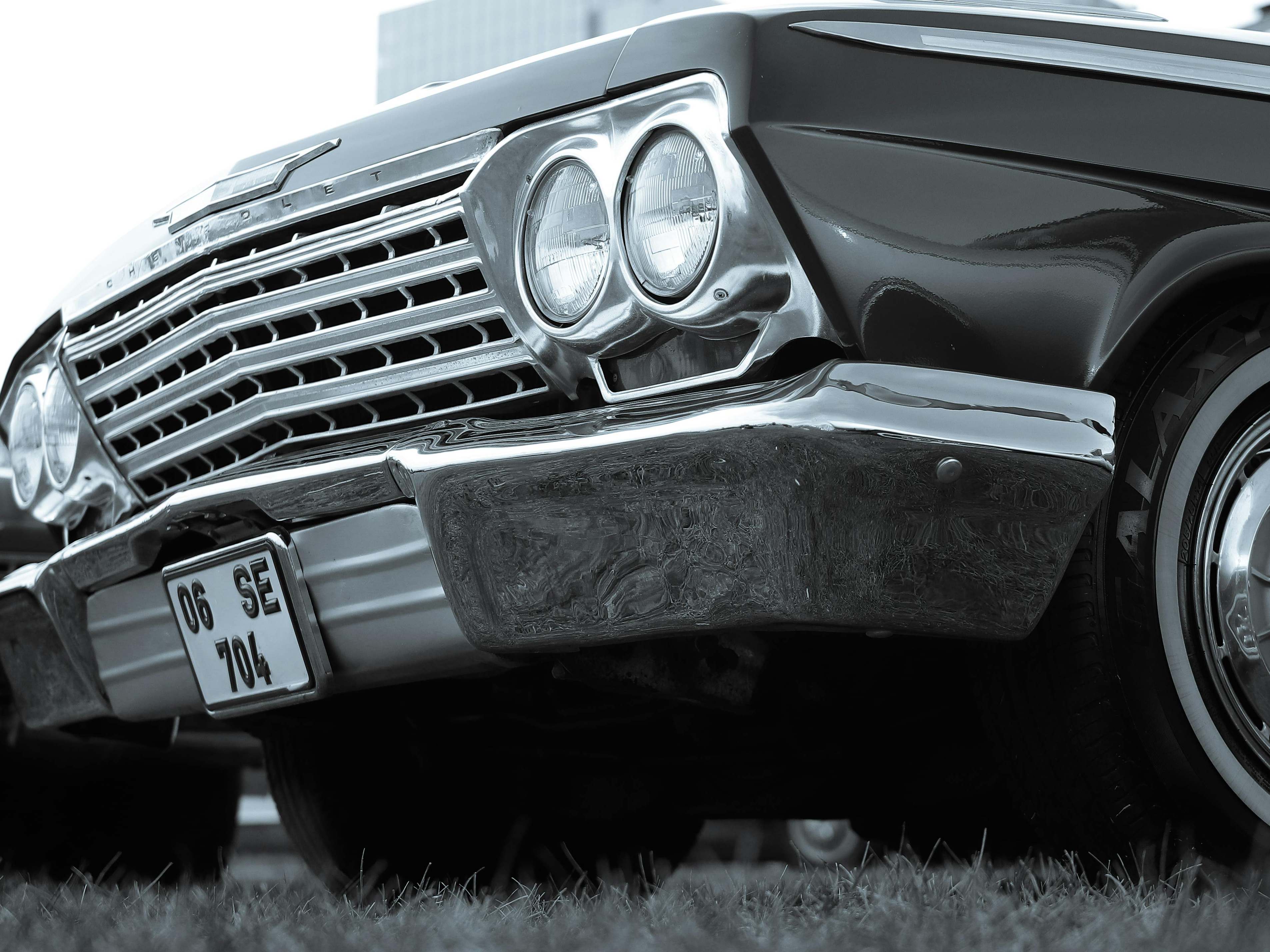
A detailed view of an old Chevrolet car | Source: Pexels
Tom nodded appreciatively. “Nice. You know, my brother’s into classic cars. I could give him a call if you want some help with the restoration.”
I was surprised by the offer. “That’d be great, actually. Thanks, Tom.”
Over the next few weeks, word spread about my project. To my surprise, several car enthusiasts in the neighborhood started stopping by to check out the Impala and offer advice or help.
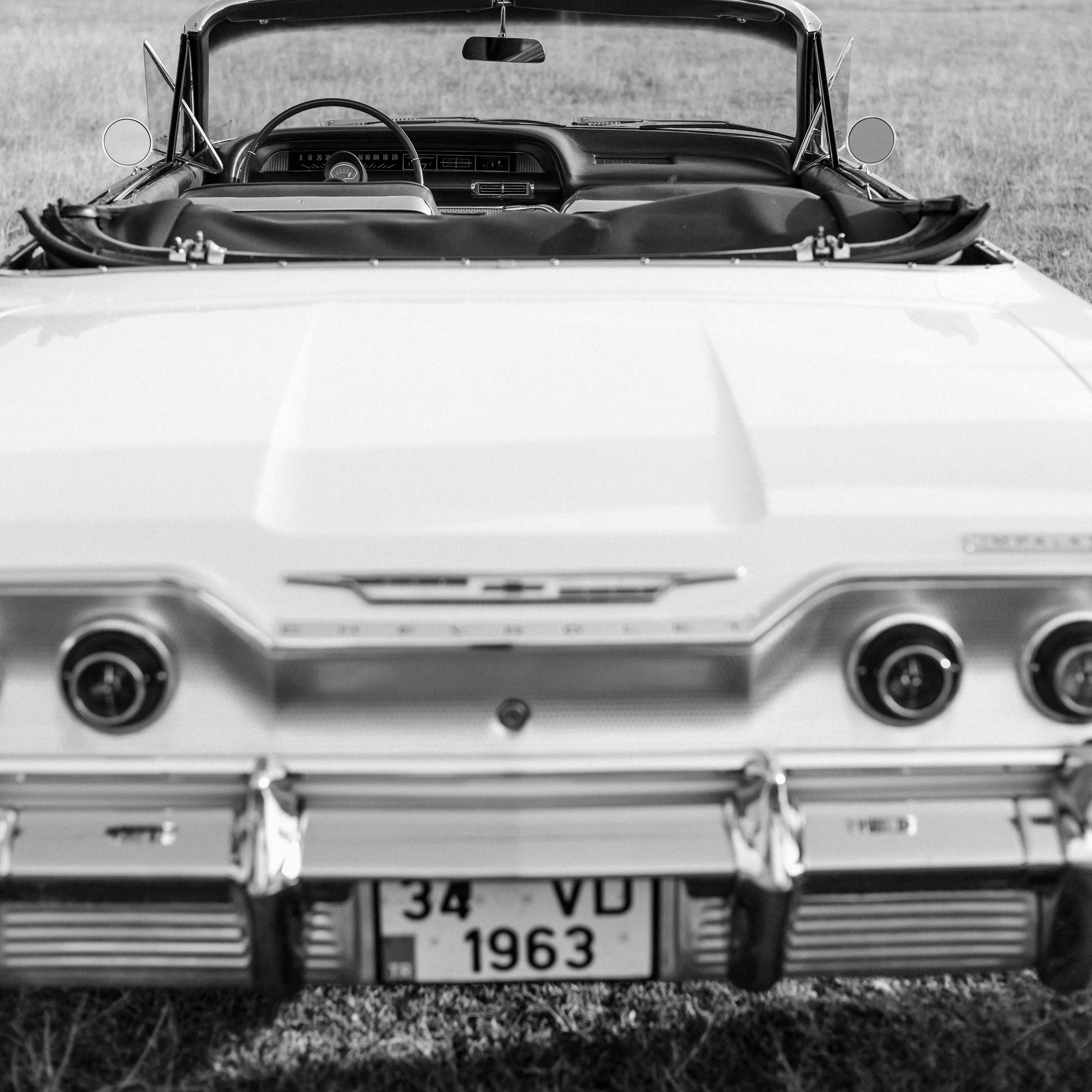
A rear-end view of a Chevy Impala | Source: Pexels
One Saturday morning, as I was working on the engine, I heard a familiar voice behind me.
I turned to see Karen standing there, looking uncomfortable but curious.
“Yep, this is her,” I said, wiping my hands on a rag.
Karen stepped closer, peering at the engine. “I have to admit, I don’t know much about cars. What are you doing?”
I explained the basics of what I was working on, surprised by her interest. As we talked, more neighbors gathered around, listening and asking questions.
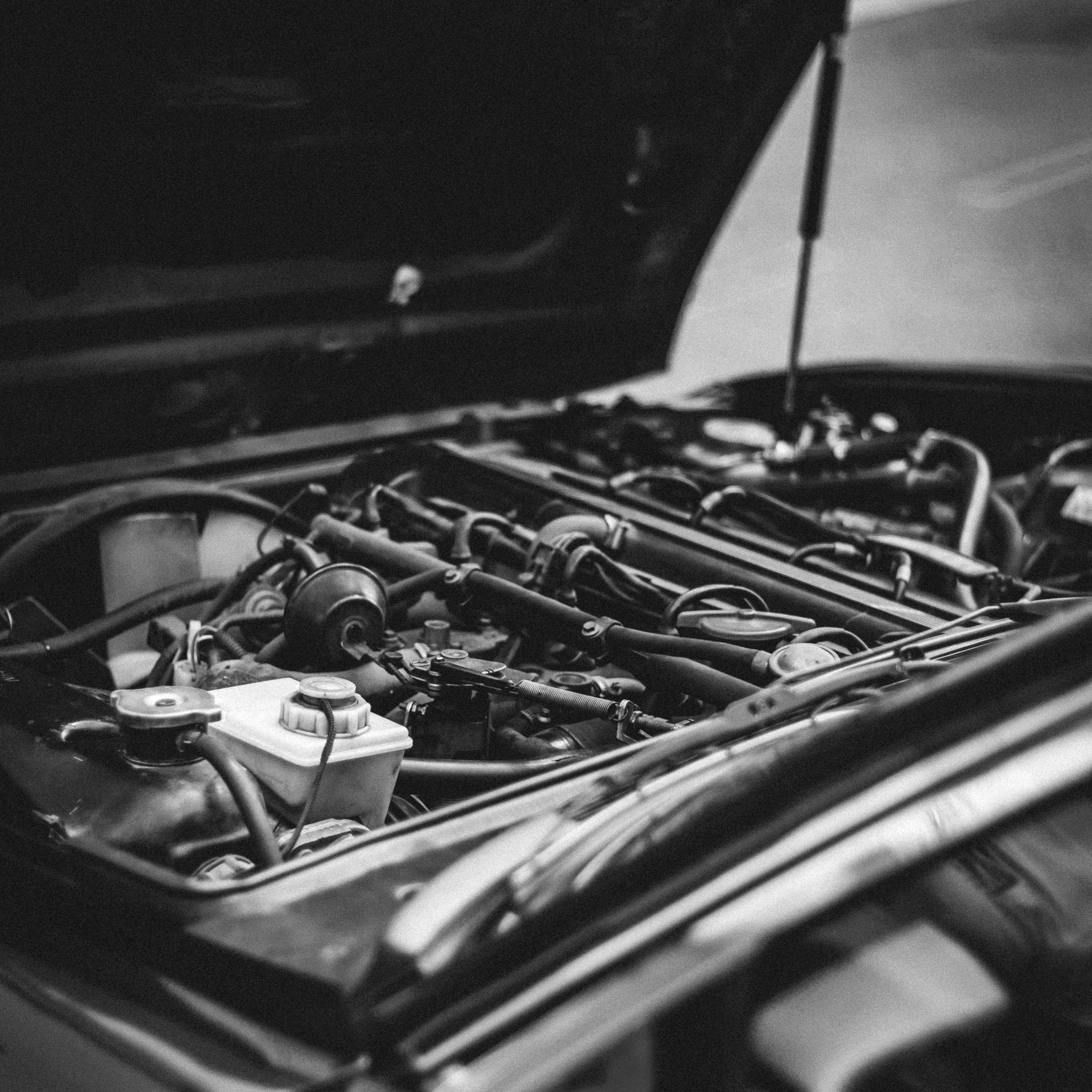
A hood-up view of a car engine | Source: Pexels
Before I knew it, my yard had turned into an impromptu block party. Someone brought out a cooler of drinks, and people were sharing stories about their first cars or memories of classic models they’d owned.
I looked at the Impala, still rusty and beat-up, but somehow looking better than ever in the warm evening light. I thought about my dad and how much he would have loved this scene.
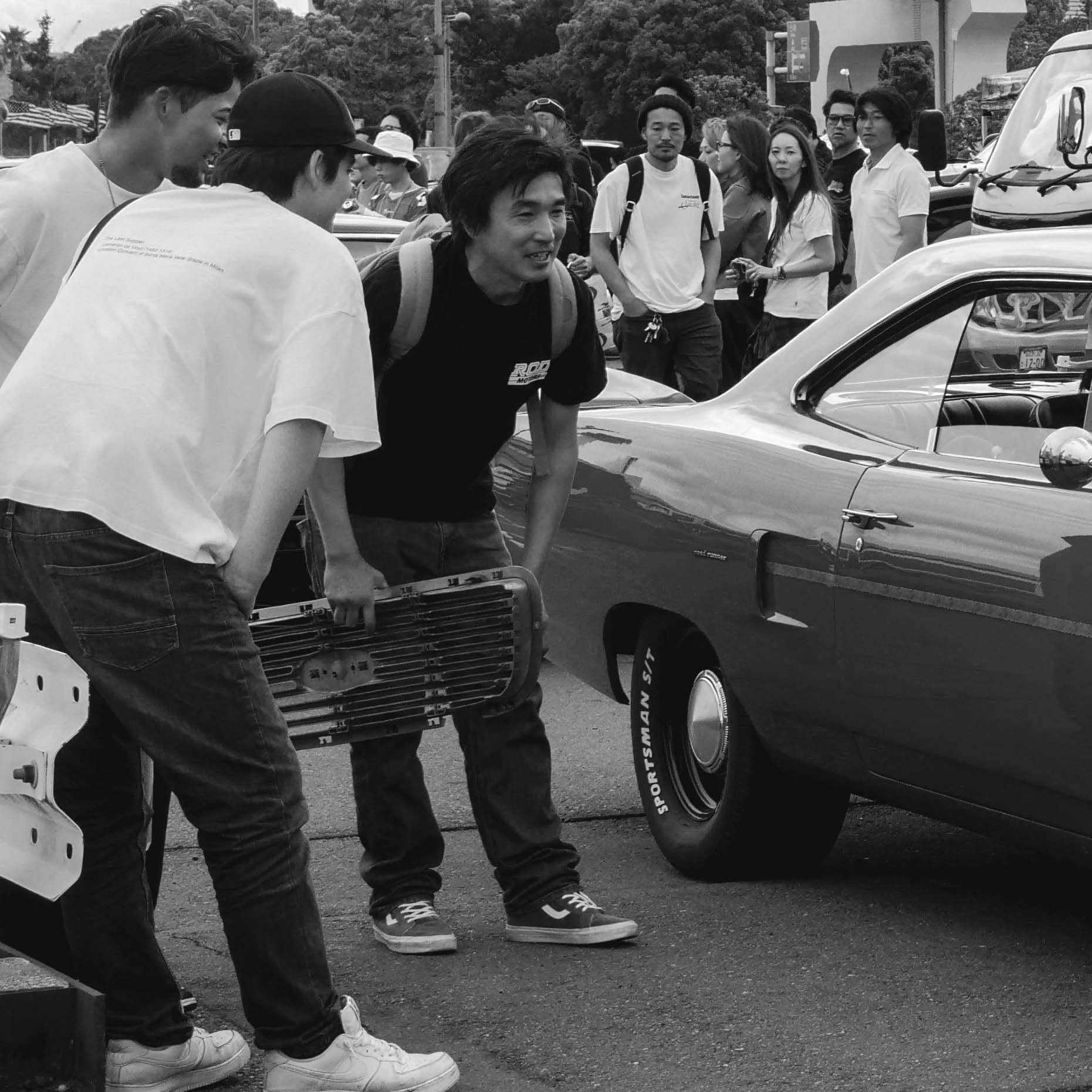
A group admiring a classic car | Source: Pexels
“You know,” I said, addressing the group, “my dad always said a car wasn’t just a machine. It was a story on wheels. I think he’d be pretty happy to see how many stories this old girl has brought out today.”
There were murmurs of agreement and raised drinks. As I looked around at the faces of my neighbors, now friends, I realized something. This car, which had caused so much trouble, had ended up bringing us all together.

A group enjoying each other’s company in a yard | Source: Pexels
The restoration was far from complete, but I had a feeling the journey was going to be a lot more enjoyable from here on out. And who knows? Maybe by the time the Impala was ready for the road, we’d have a whole neighborhood of classic car enthusiasts ready for a cruise.
I raised my drink. “To good neighbors and great cars,” I said.
Everyone cheered, and as the laughter and conversation flowed around me, I couldn’t help but think that sometimes, the best restorations aren’t just about cars. They’re about community, too.

A celebratory group gathered around a fire, focused on someone offscreen | Source: Pexels
This work is inspired by real events and people, but it has been fictionalized for creative purposes. Names, characters, and details have been changed to protect privacy and enhance the narrative. Any resemblance to actual persons, living or dead, or actual events is purely coincidental and not intended by the author.
The author and publisher make no claims to the accuracy of events or the portrayal of characters and are not liable for any misinterpretation. This story is provided “as is,” and any opinions expressed are those of the characters and do not reflect the views of the author or publisher.
